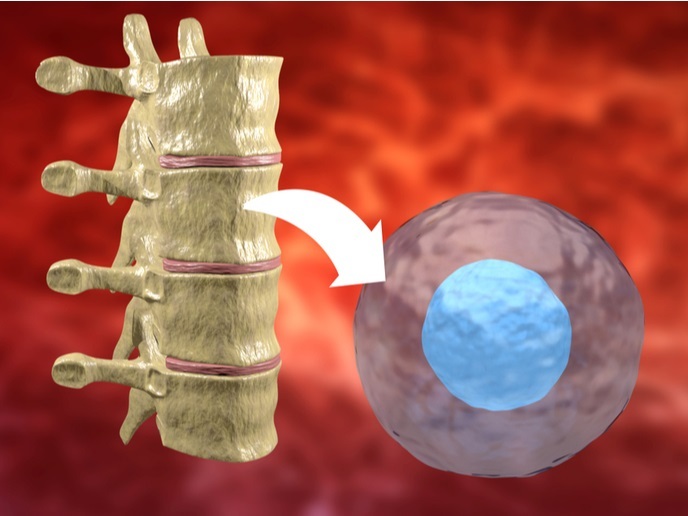Prevention of breast cancer metastasis
Heterogeneity is a hallmark of cancer and has been proposed to be a consequence of the mechanisms underlying cancer development. The current view holds that cancer progresses either from a unique cell of origin following a Darwinian evolution process or from a cell with self-renewal and differentiation properties (a CSC), which lies at the top of the tumour cell hierarchy. Recent evidence support that both hypotheses might co-exist in certain tumour types. CSCs have been found in several solid tumour types such as for example breast, colon, brain… The TGF-beta cell signalling pathway is a key player in mammalian biology, and its dysregulation can result in tumour development. The clinical relevance of TGF-beta in cancer development is evident now, yet its complex nature requires better understanding of the pathway. The EU-funded 'A study of TGF-beta effects on breast cancer stem cells' ((TGF-BETA AND BCSCS)) to study the role of TGF-beta in human breast CSC (BCSC) regulation. Breast cancer is highly heterogeneous and can be subdivided into several subtypes with different prognosis, responses to therapy and survival rates. It has been suggested that this heterogeneity results from different breast tumour subtypes originating in cells within specific cell compartments of the mammary gland named breast normal stem cells, progenitors, and differentiated cells. Evidence suggest that one rare and particularly aggressive subtype of breast cancer known as the claudin-low subtype originates from the normal mammary gland stem cell compartment. To uncover the role of the TGF-beta pathway in BCSCs, researchers used a range of cell lines that represent the molecular heterogeneity of human breast tumours. They found that TGF-beta promotes BCSC activity only in the cells of the claudin-low subtype. The TGF-beta effect in these cells is achieved by its specific transcription factors, Smads, which orchestrate the regulation of specific genes involved in the regulation of stem cells. TGF-beta effects were observed in normal human mammary epithelial cells. In summary, in transformed cells with a stem cell-like make-up, TGF-beta exploits circuits that normally operated on them on a controlled manner to favour tumour progression. Yet, transformed cells from a different origin respond in an opposite way to TGF-beta activation, highlighting the requirement to identify these 2 types of cancer subtyped beforetreatment with anti-TGF-beta therapy can be considered. These data paves the way for the development of a putative rational targeted therapy for this particular subtype of aggressive breast cancer, targeting both the spreading of cancer cells and the self-renewal of the CSC.







